May 20, 1881 – General Władysław Sikorski Born

Polish World War II Commander-in-Chief and Prime Minister Władysław Sikorski was born on May 20, 1881 in the Galicia region (southeastern Poland), which was then ruled by Austria-Hungary under the Partitions. He studied engineering at the Lwów Polytechnic, specializing in road and bridge construction, and received his degree in hydraulic engineering.
Sikorski did his one year of compulsory military service in the Austro-Hungarian Army, but thereafter became active in clandestine organizations preparing to fight for Polish independence.

During World War I, Sikorski fought in the Polish Legions under command of Józef Piłsudski. Following the end of World War I in November 1918, Poland regained its independence. Sikorski became a career military officer in the Polish Army.
The Polish–Bolshevik War immediately followed the end of World War I, to settle Poland’s eastern border with Russia. Sikorski was given command of the Polish 5th Army, which played a key role in the decisive Battle of Warsaw that routed the Bolsheviks from the gates of the Polish capital (this battle has become known as the Miracle on the Vistula).
In the early years of Polish independence, Sikorski held several leadership positions in the new Polish government, even serving as Prime Minister for several months. However, he fell out with Piłsudski and his ruling party. From 1928 through September 1939, Sikorski continued on the Polish Army’s active list, but was placed on indefinite leave and given no military commands or civil positions.
During this period, Sikorski devoted himself to study and writing. From 1928 through mid-1932, he lived mostly abroad in France and Switzerland. He maintained relationships with his contacts in the French and Polish military. He also cultivated a close relationship with Ignacy Paderewski, who was an important political figure in newly independent Poland.
He wrote articles and two books. His second book, Modern Warfare—Its Character and Problems, and the Accompanying Issues of the Defense of Poland, was initially published in Warsaw in 1934 and subsequently in French and English translations. In it, Sikorski demonstrated an extensive command of subjects such as advances in technology and weapons development, changes in the art of war, the importance of the internal combustion engine, of armor, air power and air defense, the impacts of availability of fuel and financial factors. Sikorski foresaw almost everything which was to take place a few years later in the European theater of war.

When Germany invaded Poland in September 1939, Sikorski tried unsuccessfully to get a frontline command from Polish commander-in-chief, Marshal Śmigły-Rydz. Śmigły-Rydz and other high government officials evacuated from Warsaw in early September, but were interned in neutral Romania. When Sikorski, following them to try to get a command, saw that they were going to be interned, he kept traveling and made his way to Paris.

Sikorski was chosen as Prime Minister and Commander-in-Chief to lead the Polish government-in-exile and armed forces. Under his leadership, Poland became the fourth largest Allied military force in the European theater of the war — and in the most crucial year of the war, from June 1940 when France surrendered to June 1941 when Germany invaded Russia, Poland was Britain’s largest ally.

Sikorski was tragically killed on July 4, 1943 when, returning from an inspection of Polish forces in the Middle East, his plane crashed on takeoff from Gibraltar. Questions still persist as to the cause of this crash, including various theories of sabotage.

He was buried at the Polish War Cemetery in Newark-on-Trent, England. In 1993, after the fall of communism, his remains were finally returned to his homeland. General Władysław Sikorski now rests at Wawel Castle in Kraków.
“General Sikorski is the personification of rectitude and chivalrous nobility…He is always ready to fight to the end for a good cause—and always with his visor up.”
So wrote Ignacy Paderewski on October 16, 1939, in a letter to Władysław Raczkiewicz, president of the newly created Polish government-in-exile in Paris.
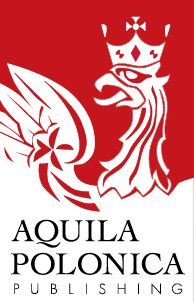




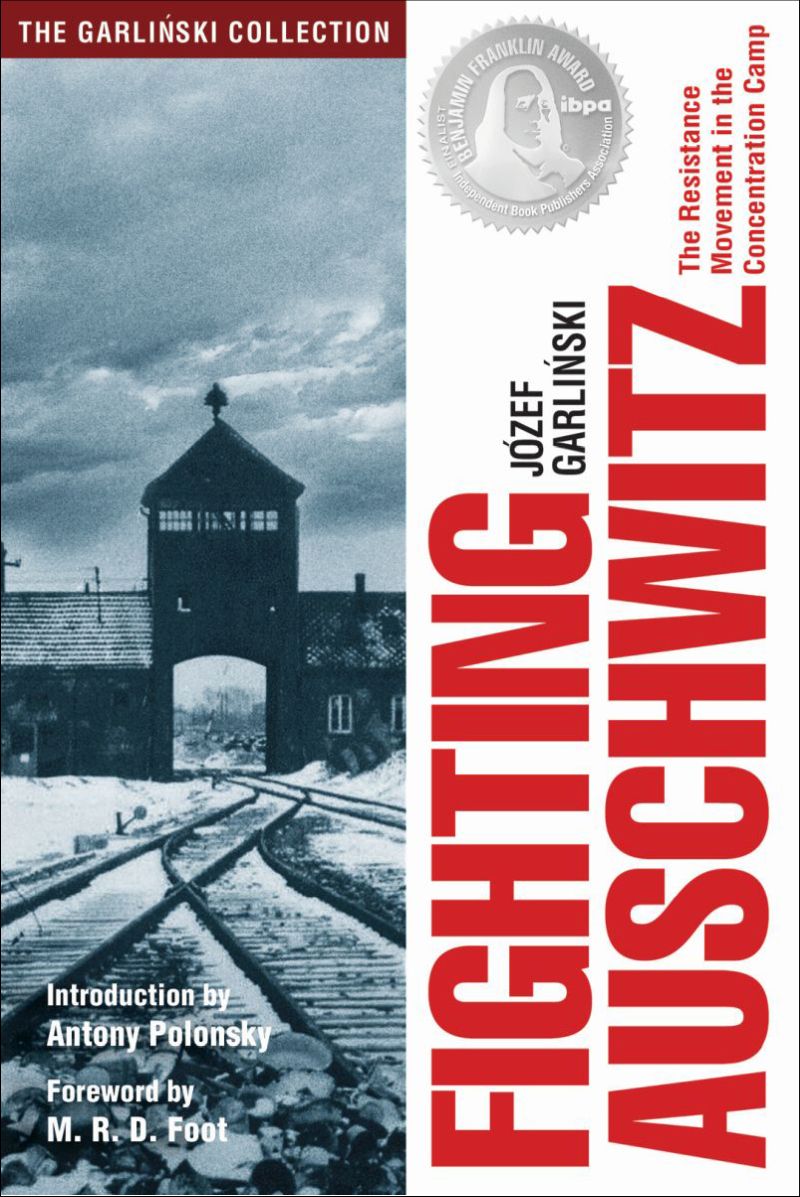

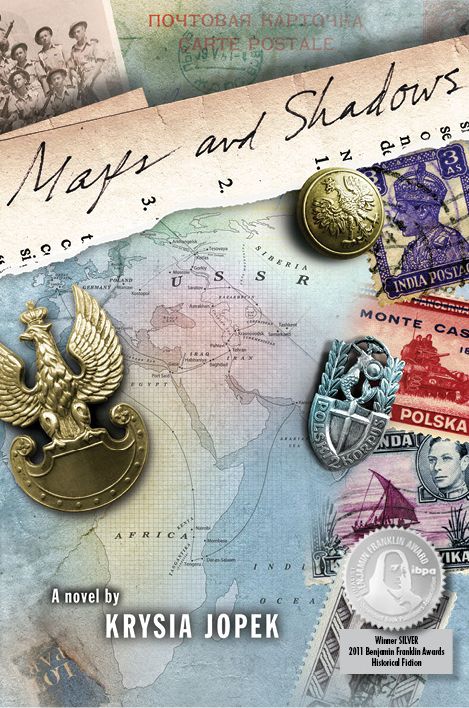
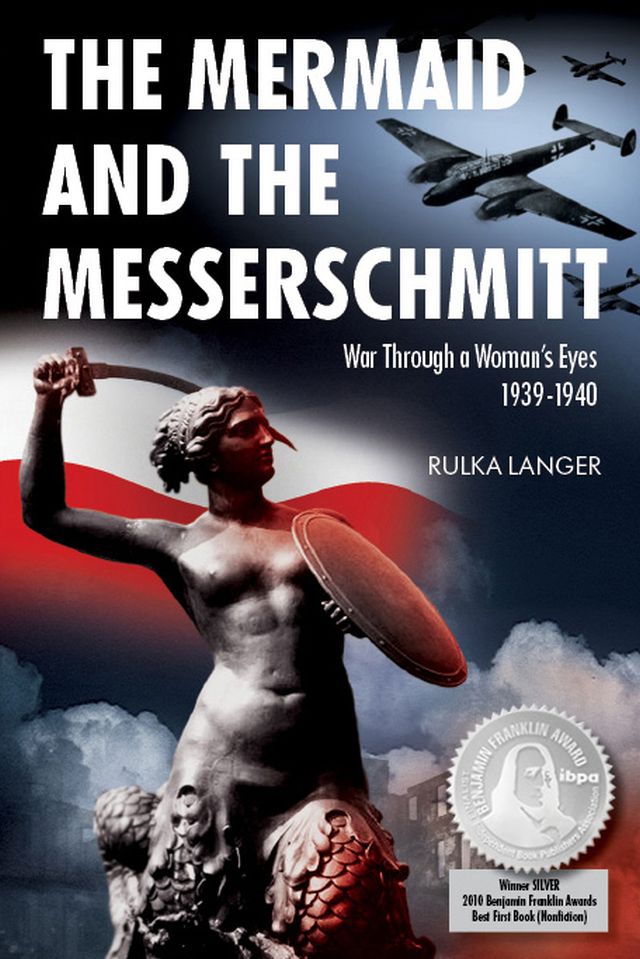

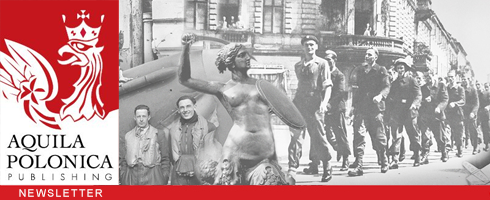

No comment yet, add your voice below!